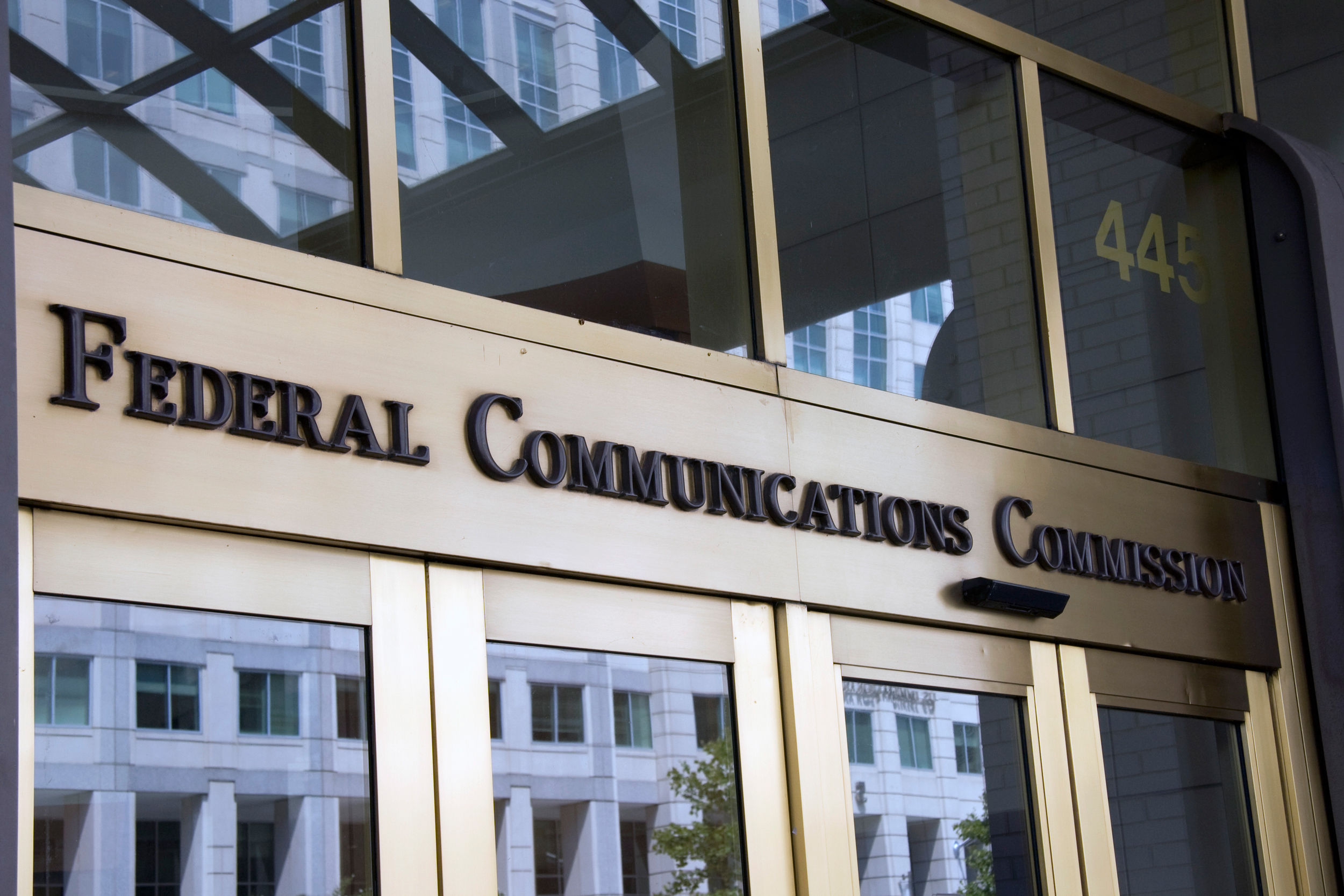Programmers to FCC: Deny ACAC Stay of Lump Sum Payments Decision
Says FCC was right the first time

The smarter way to stay on top of the streaming and OTT industry. Sign up below.
You are now subscribed
Your newsletter sign-up was successful
Content companies and broadcasters have told the FCC to reject ACA Connects' request to stay the deadline for earth station operators to elect lump sums in their move out of lower C-Band spectrum so the FCC can auction it for 5G.
ACA Connects last week asked the FCC to stay its Aug. 31 deadline for picking the C-Band reimbursement lump sum payment and is asking the commission to reconsider its decision to exclude IRDs (see below).
In a move last month that ACAC had signaled could land the FCC in court, the Wireless Telecommunications Bureau released the final cost catalog for C-Band relocation expenses and lump sum elections and it did not include compensating cable operators for integrated receiver/decoders (IRDS), as ACA Connects and other cable operators had pushed for.
In a petition for stay and for review filed Aug. 13, ACA said that the FCC's decision "is inconsistent with the Commission’s C-Band Order, rests on arbitrary and capricious reasoning, and was developed in violation of the Administrative Procedure Act’s public-notice and disclosure requirements."
“Staying the election deadline now will give the FCC an opportunity to review and correct the Bureau’s determination and will also reduce the risk of future significant disruption that would occur if the Bureau’s lump-sum determination were later set aside on judicial review,” said ACAC president Matt Polka.
But in a filing with the FCC, Discovery, FOX Corp., Disney, and ViacomCBS (collectively "the content companies") joined with the National Association of Broadcasters to oppose the stay request.
"In appropriately concluding that the cost of integrated receiver/decoder ('IRD') equipment is a space station expense that cannot lawfully be included in the lump sum payments, the Wireless Telecommunications Bureau ('Bureau') made a well-reasoned decision based on a comprehensive record in this proceeding," they told the FCC.
The smarter way to stay on top of the streaming and OTT industry. Sign up below.
And more to their particular interest, the content companies said the stay "would needlessly delay the determination of information critical for satellite operators to make an orderly transition, thus putting the Nation’s video delivery system—and the public that relies upon it—at risk."
Contributing editor John Eggerton has been an editor and/or writer on media regulation, legislation and policy for over four decades, including covering the FCC, FTC, Congress, the major media trade associations, and the federal courts. In addition to Multichannel News and Broadcasting + Cable, his work has appeared in Radio World, TV Technology, TV Fax, This Week in Consumer Electronics, Variety and the Encyclopedia Britannica.

